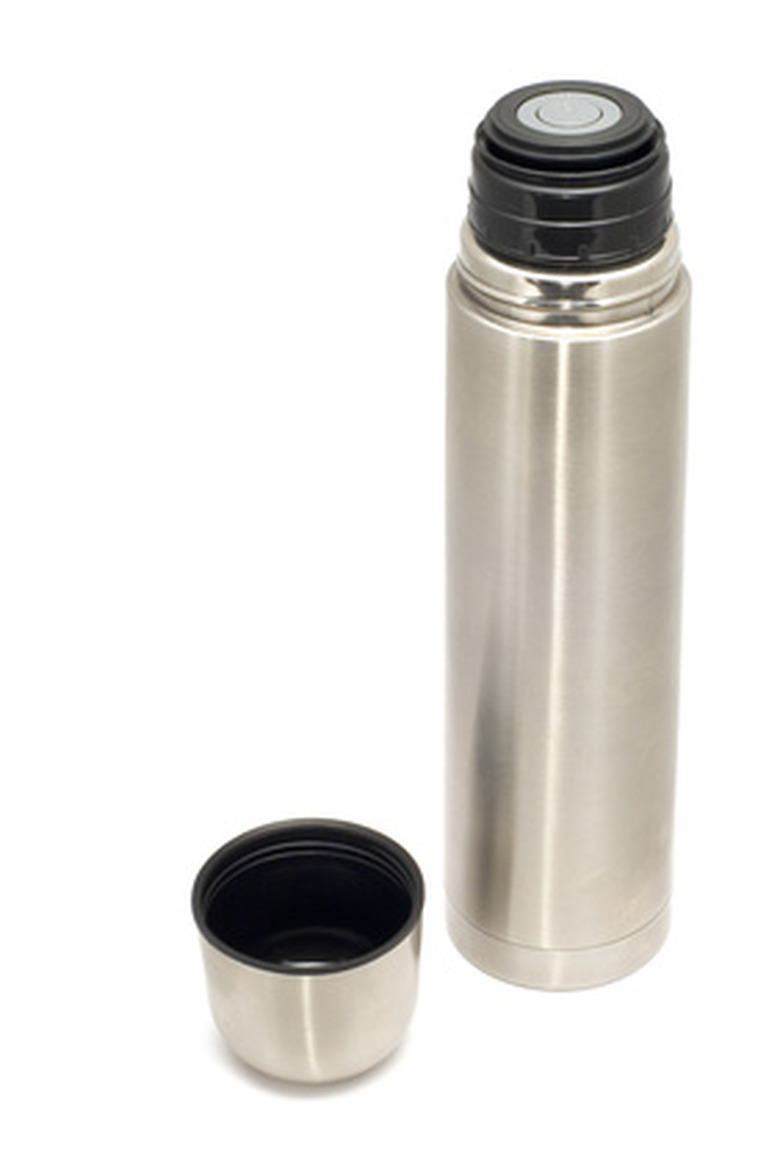Uses Of Insulators
Insulators work as protectors. They may protect heat, sound and the passage of electricity. Thermal insulators, sound insulators and electrical insulators are used for various reasons, from keeping houses warm to protecting electrical wires and soundproofing rooms. Depending on what you plan to use an insulator for will depend on which type of insulator to use.
Thermal Insulator
Thermal Insulator
A thermal insulator is used to prevent heat from moving from one place to another. Typically thermal insulators prevent conduction through a material that prevents heat from moving through them easily. These materials include plastics, Styrofoam, reflective materials that enhance reflection of radiation and reduce absorption and green roofs to plant an insulation layer that absorbs and reflects radiation from the sun. These materials reduce thermal conduction by making thermal energy more difficult to travel. Thermal insulators may be used to keep liquids warm — like a thermos does — or for insulating within a house, such as ceiling, wall and floor insulation in the form of foam, reflective or radiant barriers.
Sound Insulator
Sound Insulator
Insulators that reduce sounds are used for soundproofing rooms or for noise control. Sound insulators work to reduce sound energy that is reflected by room surfaces. Sound insulators include vinyl barriers that block noise from traffic, voices and music; foam cells that dampen noise as it passes through multiple foam cells; and acoustic tiles that absorb, echo and minimize reverberation. Soundproof your doors, walls and windows to absorb sound for quieter homes and rooms.
Electrical Insulator
Electrical Insulator
An electrical insulator, also known as a noncunductor, is used to prevent the flow of electric currents. Materials that work as nonconductors lack movable electric charges. Highly resistant electrical insulators include mica (crystalline silicate minerals), glass, quartz and solid ionic substances. These materials work by tightly binding electrons so there is no electron flow between them and therefore no conduction. Electrical insulators may be used for circuit boards, high voltage systems and as coating on electric wire and cable.
